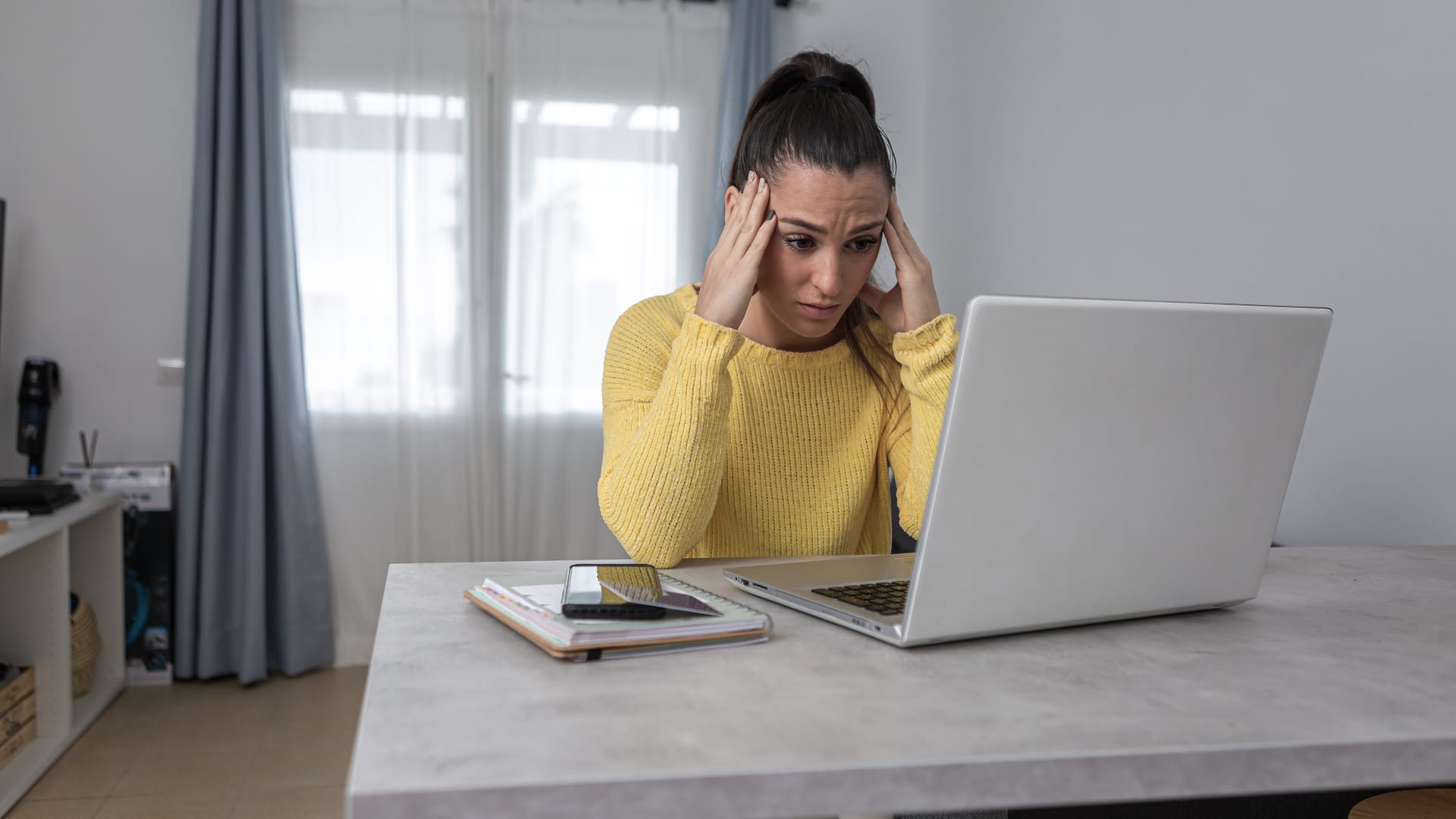Main Topic: Student borrowers considering various strategies to lighten their loan burdens as repayments resume.
Key Points:
1. Some borrowers are jokingly citing scripture or discussing boycotts as ways to address their student loan debt.
2. Experts warn that deliberate nonpayment of student loans can have serious financial consequences, including garnished tax refunds and limited access to future student aid.
3. There are alternative avenues for reducing loan payments, such as forgiveness programs and income-driven repayment plans, that borrowers should explore.
More than $9 million is being distributed to individuals who were victims of a student loan debt relief scam, with payments being sent out by the Federal Trade Commission and Department of Justice to over 22,500 people.
The end of student loan payment forbearance could negatively impact the housing market, causing a decrease in household formations and homeownership rates as borrowers struggle to allocate their income towards student debt.
As student loan payments resume, personal finance expert Ken Coleman criticizes the "marketing lie" of higher education and advises borrowers to address the root issue of skyrocketing tuition.
Hundreds of thousands of borrowers in the US are set to receive at least $6 billion in student loan forgiveness, but a major loan servicer is being accused of violating the terms of the agreement, adding to the ongoing issues faced by borrowers as student loan payments resume.
Summary: Student loan borrowers have the option to appeal for forgiveness through either the Public Service Loan Forgiveness or the Income-Driven Repayment Forgiveness federal programs.
Millions of student loan borrowers, like Gaelle Gilles, are preparing to resume payments on their federally held student loans on October 1, after a pandemic-era pause, but they now have new options and repayment plans available to them, including the income-driven SAVE plan, which could significantly reduce their monthly payments and change the economics of student loan borrowing.
Millions of student-loan borrowers are facing the resumption of monthly payments, but there are options for those who can't afford it, though falling behind on payments could lead to severe consequences.
The resumption of student loan repayments will lead to a significant decrease in consumer spending, causing a contraction in real consumer spending growth and an increase in student loan delinquency rates, according to Fitch Ratings.
Wedbush warns that retailers such as Best Buy, Wayfair, and Williams-Sonoma may be at risk as student loan repayments resume for millions of Americans.
The resumption of student loan payments in the US raises concerns about the financial vulnerability of borrowers, although the Biden administration's SAVE plan is expected to alleviate some of the burden by offering more generous repayment options. Black borrowers, who already have larger outstanding debts on average, face additional challenges in paying down their loans due to earning disparities in the labor market. The growth of student loan debt has slowed during the payment pause, but it remains to be seen how it will change once the pause ends.
